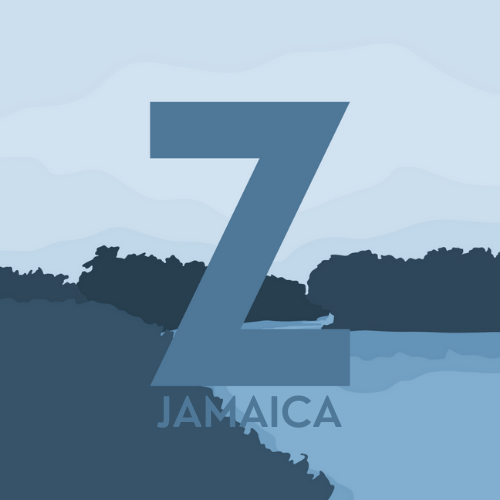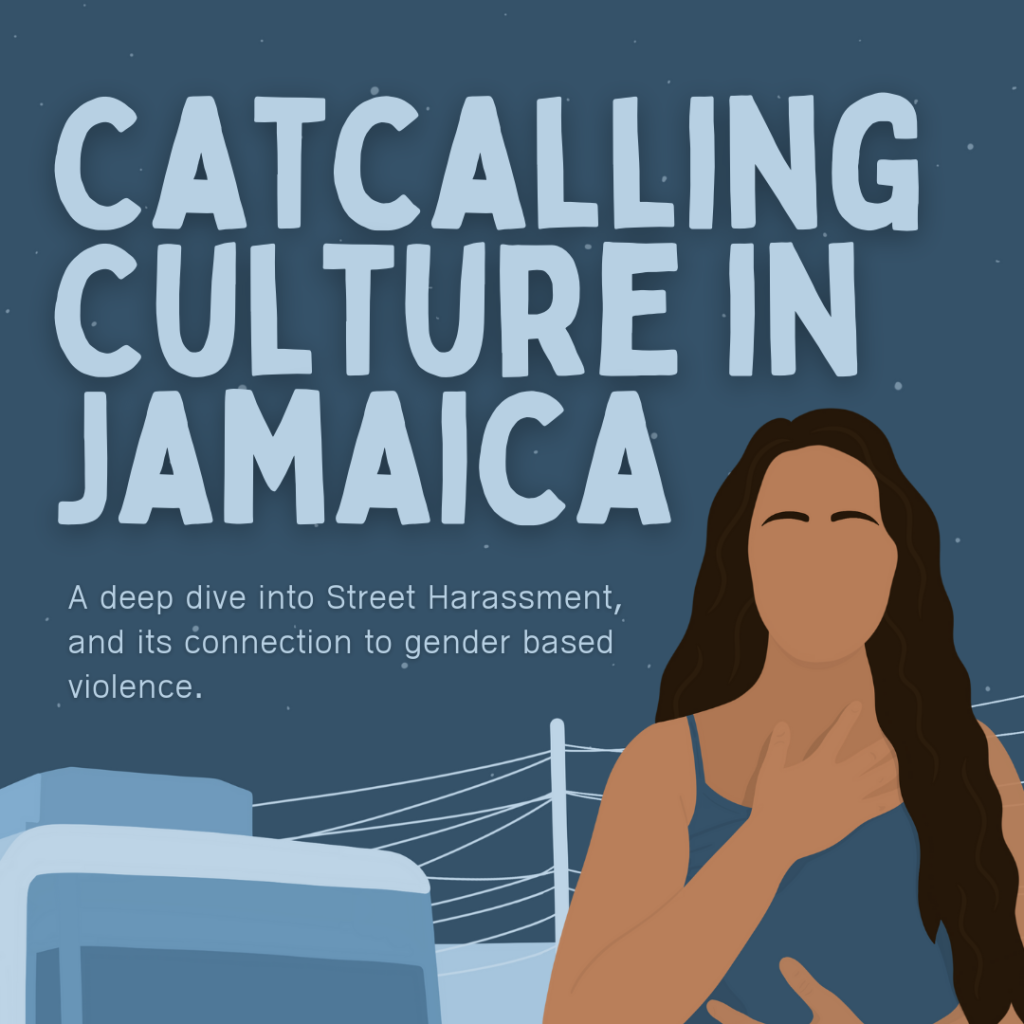by Kayla Francis | October 11, 2021
A deep dive into Street Harassment, and its connection to gender-based violence.
What’s so bad about Catcalling?
While most catcalling men would argue that their comments are purely complimentary and should not be considered a big deal, this type of street harassment in itself, more often than not, is a form of sexual harassment.
Street harassment shares many of the characteristics that define sexual harassment: “unwelcome sexual advances, requests for sexual favors, and other verbal or physical harassment of a sexual nature and offensive remarks about a person’s sex.” Street harassment is often, simply put, sexual harassment, but in public spaces.
Street Harassment includes some of the following unwanted behaviours:
- Persistent requests for someone’s name, number or other information
- Following or stalking
- Comments, requests, demands
- Continuing to talk to someone after they have asked you to leave them alone
- Using a mirror or phone to look up someone’s skirt or dress without their permission
- Up-skirting: taking a photo up a skirt or dress without that person’s permission
- Intentionally invading personal space or blocking the way
- Public masturbation, touching, flashing, gr*ping
- Showing pornagraphic images without someone’s consent
Many persons state that catcalling, at a minimum, makes them uncomfortable. Additionally, the objectification and over-sexualization of their bodies have also been described as dehumanizing and demeaning. One of the most alarming impacts of catcalling is that it often leads to what is called ‘Rejection Violence’.
WHAT IS REJECTION VIOLENCE?
Rejection violence is the tendency for harassers to escalate their advances if their victim ignores them, challenges them, or rejects them. Rejection violence can take place in the form of continued verbal assault, physical assault, sexual assault, and has also had fatal consequences in some cases
There is great danger in saying ‘no’ or ignoring the harassers’ advances, as harassers can become aggressive and violent when they are rejected.
Reflections on attitudes: In one incident, a woman had to run to escape a pack of aggressive taxi men while one loader man made it his duty to tell every other female, including schoolgirls, in the most graphic terms, what he would like to do to their bodies or have them do to his”
Ryon Jones, Author of Assaulted & abused – Women facing hell from ‘loader men’ and bus conductors: The Jamaica Gleaner
“They (loader men and conductors) are representative of a societal acceptance or view of women and girls as essentially sexual objects and a kind of lesser human being subject to anything anybody wants to say or do to them,”
Carol Narcisse, Civil Activist
THE ‘NOT ALL MEN’ ARGUMENT
We know it’s not all men. In fact, people would love to assume that not all men are harassers, predators, or rapists. But, in Jamaica, there are more than enough men who make women feel unsafe. There are more than enough men who are rapists. There are more than enough men who disrespect the boundaries of women. We have seen countless cases of these kinds of men in the Jamaican and international media. When discussions are taking place about gender-based violence, do not deflect with the argument of ‘Not all men-‘. We know it’s not all men.
The point being highlighted is that persons are not comfortable around ALL strangers because they do not know what strangers are capable of. Plus, there is an abundance of ‘strangers’ who exhibit predatory behaviors.
So what does catcalling have to do with gender-based violence?
In a context where someone expresses that they are uncomfortable, harassment often ends up being a way for men to exert dominance. Yelling a crude comment about a woman’s intimate parts is disrespectful, and it suggests entitlement to her body. Groping, stalking, or following someone shows entitlement to their space. Expecting someone to talk to you after you harass them displays entitlement to their time. This reinforces the lack of respect for women and their boundaries. Catcalling is one of the many ways that highlight the disregard for the rights, bodies, and boundaries of people in Jamaican society, by men.
No means no doesn’t just apply to sex.
1 in 4 women: The number of women in Jamaica who reported being sexually harassed during their lifetime
SO WHAT CAN YOU DO?
- Respect people’s boundaries.
No means no doesn’t just apply to sex. It also applies to not being willing to speak, give out a number or continue a conversation with a stranger.
- Call out your friends who exhibit predatory behaviors.
Do not blindly protect friends, or family members who continue to harass people, hold them accountable and responsible for their actions.
- Educate yourself.
Take time to educate yourself about Gender-based Violence in Jamaica.
- Challenge harmful masculine norms that encourage violence among other men.
Raise boys to break free from harmful stereotypes. Open up and talk with your friends, peers, and coworkers: call out sexist ideas, jokes, and language.


Leave a comment